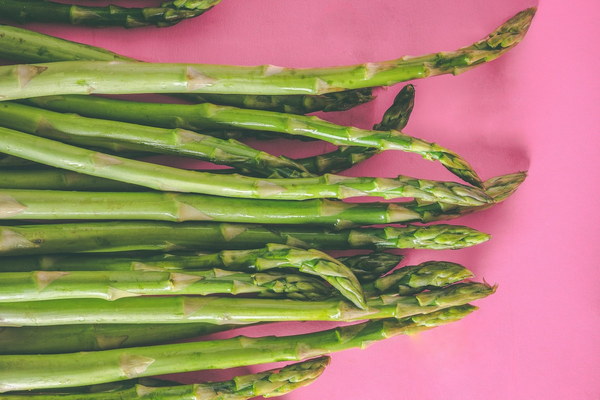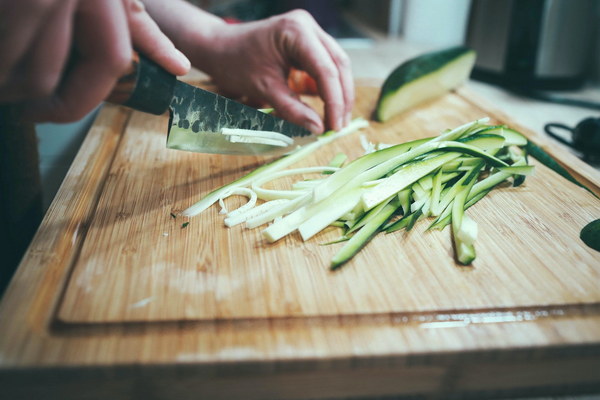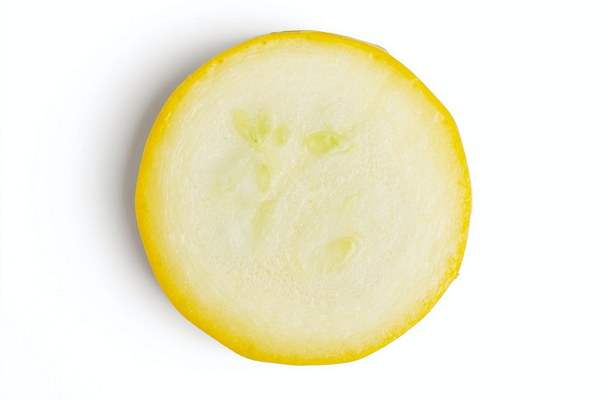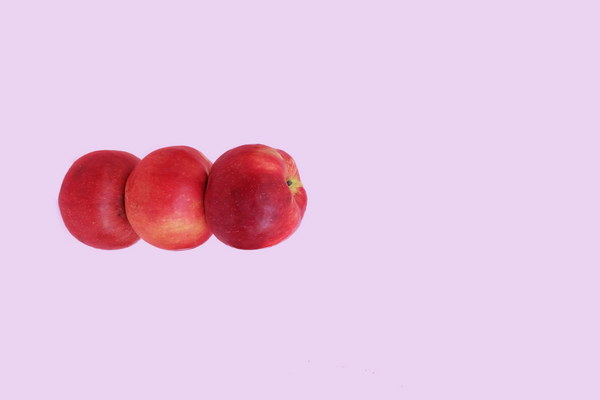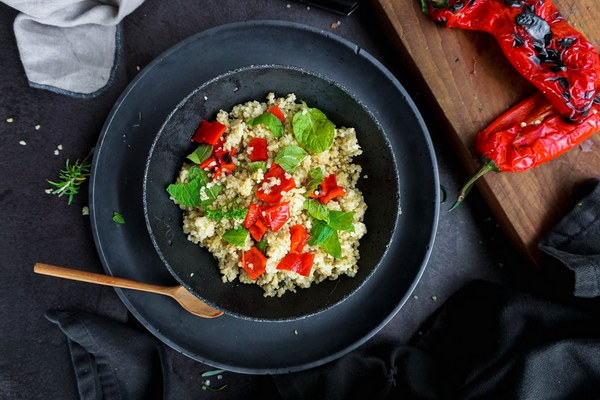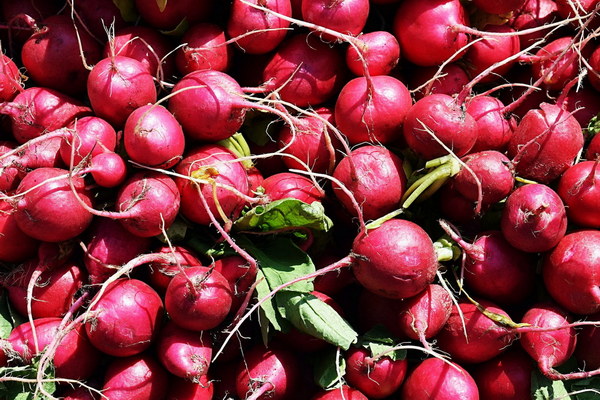Unveiling the Top Herbs for Extinguishing Cold and Dampness A Comprehensive Guide
In the realm of traditional Chinese medicine, the concept of cold and dampness is often associated with various health issues such as fatigue, joint pain, and digestive disorders. To combat these problems, many individuals turn to herbal remedies for relief. This article aims to explore the most effective herbs for alleviating cold and dampness, providing you with a comprehensive guide to these natural remedies.
1. Cinnamon (Cinnamomum cassia)
Cinnamon is a well-known spice that has been used for centuries in traditional Chinese medicine. Its warm properties make it an excellent herb for expelling cold and dampness from the body. In addition to its anti-inflammatory and antioxidant effects, cinnamon can help improve circulation, boost the immune system, and alleviate pain associated with cold and dampness.
2. Astragalus (Astragalus membranaceus)
Astragalus is a powerful herb known for its immune-boosting properties. It has been used in traditional Chinese medicine to expel cold and dampness, as well as to strengthen the body's overall resistance to illness. This herb can help improve energy levels, enhance the immune system, and reduce the symptoms of cold and dampness, such as fatigue and weakness.
3. White Peony (Paeonia lactiflora)

White peony is a traditional Chinese herb that is highly valued for its ability to expel cold and dampness. It has been used to treat various conditions, including joint pain, abdominal pain, and menstrual disorders. White peony can help reduce inflammation, alleviate pain, and improve digestion, making it an excellent herb for those suffering from cold and dampness-related issues.
4. Dang gui (Angelica sinensis)
Dang gui is a well-known herb in traditional Chinese medicine, often used to treat cold and dampness-related conditions. It is believed to have warming properties that can help expel cold and dampness from the body, as well as improve circulation. Dang gui is also used to treat menstrual disorders, anemia, and fatigue, making it a versatile herb for those suffering from various symptoms associated with cold and dampness.
5. Atractylodes (Atractylodes macrocephala)
Atractylodes is another traditional Chinese herb that is highly effective for expelling cold and dampness. It has been used to treat a wide range of conditions, including digestive disorders, joint pain, and fatigue. Atractylodes can help improve digestion, alleviate bloating, and reduce inflammation, making it a valuable herb for those seeking relief from cold and dampness-related symptoms.
6. Eucommia (Eucommia ulmoides)
Eucommia is a unique herb that is believed to have both cooling and warming properties, making it suitable for treating a variety of conditions, including cold and dampness. It has been used to strengthen the bones, alleviate joint pain, and improve circulation. Eucommia can also help reduce stress and anxiety, making it an excellent herb for those suffering from cold and dampness-related emotional issues.
In conclusion, the above herbs have been proven effective in treating cold and dampness-related conditions. While these herbs can provide relief for many individuals, it is essential to consult with a healthcare professional before starting any new treatment. Traditional Chinese medicine is a holistic approach, and it is crucial to address the root cause of your health issues for long-term relief. Incorporating these herbs into your daily routine may help alleviate cold and dampness symptoms and improve your overall well-being.
